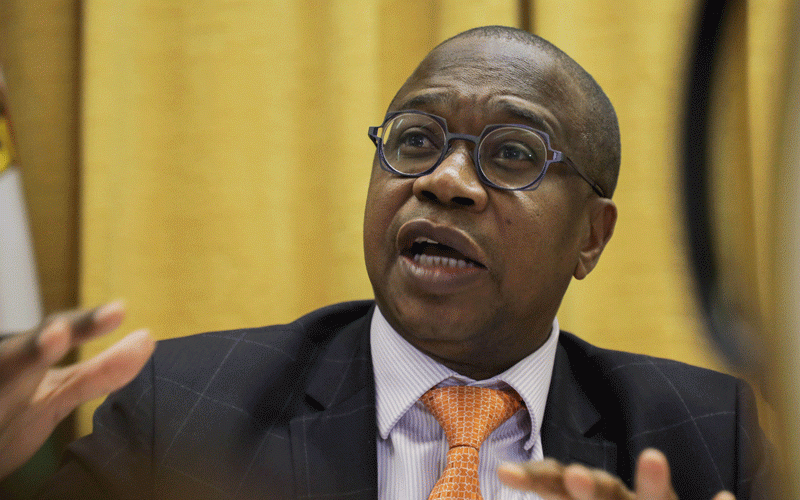
GOVERNMENT has threatened to sanction businesses charging their goods and services above the official exchange rate as it seeks to stabilise the new currecy, Zimbabwe Gold (ZiG).
The Reserve Bank of Zimbabwe (RBZ) launched ZiG after scrapping the Zimdollar in April this year which had suffered a sharp depreciation against the United States dollar.
ZiG has being met with hostility by Zimbabweans with many believing its value will soon be decimated by the continued demand for the United States dollar, now commonly used by locals as a store of value to protect savings from inflation.
As part of measures to protect the ZiG, the government this month issued a Statutory Instrument criminalising setting prices above the official exchange rate.
Violation of the statutory instrument will attract a civil penalty of ZiG200 000 or an amount equivalent to the goods sold.
However, businesses have continued to charge their goods at a rate above the fixed government exchange rate of 13,56 to the US dollar.
In an interview recently, Finance, Economic Development and Investment Promotion minister Mthuli Ncube warned businesses against using a rate above the official one.
“So if the businesses that are charging well above what the government is stipulating, they should stop. Well, the regulators believe that these regulations benefit everybody. They benefit the stability of the currency,” Ncube said.
- Budget dampens workers’ hopes
- Govt issues $24 billion Covid-19 guarantees
- Letter to my People:They have no answers for Nero’s charisma
- ZMX to enhance farm profitability
Keep Reading
“So they should comply. If they do not, then we have to send the Financial Intelligence Unit to find out what exactly is going on and they will be able to let out the necessary sanctions on them and punishment. So really, we cannot allow that. We have to regulate. We have been unwavering in that.”
Ncube also said the government was going to add more ZiG notes onto the market in responce to demand.
“We are aware as a government that there is need, there is high demand because of the stability, and there is high demand for the small denomination notes and coins. We will be adding those to the market so as to deal with the issue of change and the need, the demand for smaller diminishing units of the currency,” he said.
Ncube said the government had maintained a tight monetary policy through the central bank to make sure that it maintains positive real interest rates.
“We should see really the implied year-on-year inflation falling below the current policy interest rate of 20% so that’s tight monetary policy and then in terms of growth of money supply that is constrained by the reserves that are in place,” he said.










